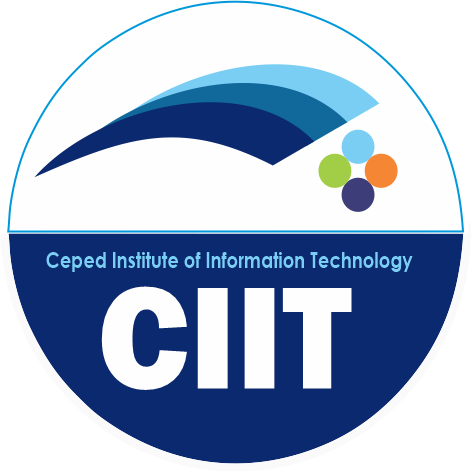The SIWES Program: Enhancing Students’ Industrial Experience and Training
The Student Industrial Working Experience Scheme (SIWES) is an initiative in Nigeria that aims to bridge the gap between academic knowledge and practical work experience. This program provides students with the opportunity to gain valuable industry exposure and hands-on training, ultimately preparing them for the challenges of the professional world. In this blog post, we will delve into the main points of the SIWES program, highlighting its significance and benefits.
The Importance of SIWES
SIWES serves as a crucial link between theoretical classroom learning and real-world application. It allows students to experience the practical aspects of their chosen field, enabling them to develop skills and competencies that cannot be acquired through textbooks alone. By immersing themselves in a professional work environment, students gain insights into industry best practices, workplace ethics and teamwork dynamics. This exposure enhances their employability and equips them with the necessary skills to excel in their future careers.
Objectives of SIWES
The SIWES program is designed to achieve several key objectives:
- Enhancing Practical Skills: SIWES provides students with the opportunity to apply theoretical knowledge to real-life situations. By actively participating in daily work activities, students gain hands-on experience and develop practical skills that are essential for their future profession.
- Promoting Industry-Academia Collaboration: SIWES fosters collaboration between educational institutions and industries. This enables universities and polytechnics to align their curricula with industry requirements, ensuring that students are equipped with up-to-date knowledge and skills.
- Exposing Students to Diverse Work Environments: SIWES exposes students to a variety of work environments, enabling them to explore different industries and sectors. This exposure broadens their perspectives and helps them make informed career choices.
- Cultivating Professionalism and Work Ethics: Through SIWES, students learn the importance of punctuality, discipline, and ethical behavior in the workplace. They develop a strong work ethic and gain a deeper understanding of the professional standards expected in their chosen field.
SIWES Training Process
The SIWES program typically spans a period of 3 to 6 months, during which students are attached to relevant organizations or industries. The training process involves a combination of practical work experience, supervision, and assessment. Students are assigned to a designated supervisor who guides and mentors them throughout the program. Regular evaluations and assessments are conducted to monitor the progress and performance of the students.
Benefits of SIWES
Participating in the SIWES program offers numerous benefits to students, educational institutions, and industries alike. Some of the key benefits include:
- Enhanced Employability: SIWES enhances students’ employability by equipping them with practical skills and industry-specific knowledge. Employers value candidates with hands-on experience, making SIES participants more marketable in the job market.
- Networking Opportunities: SIWES exposes students to industry professionals, enabling to expand their professional network. These connections can provide valuable career opportunities and industry insights.
- Industry Relevance: SIWES enables educational institutions to align their curricula with industry demands, ensuring that graduates are well-prepared and relevant to the workforce.
Conclusion
The SIWES program plays a vital role in bridging the gap between academia and industry. It provides students with valuable practical experience, enhances their employability, and fosters collaboration between educational institutions and industries. By participating in SIWES, students are better equipped to navigate the challenges of the professional world and contribute meaningfully to the growth of their chosen industries. Embracing programs like SIWES is crucial in ensuring that the next generation of professionals is well-prepared for the demands of the ever-evolving job market.
Keywords: SIWES, industrial experience, training, practical skills, employability, industry-academia collaboration, work ethics, professionalism, networking opportunities, industry relevance.









